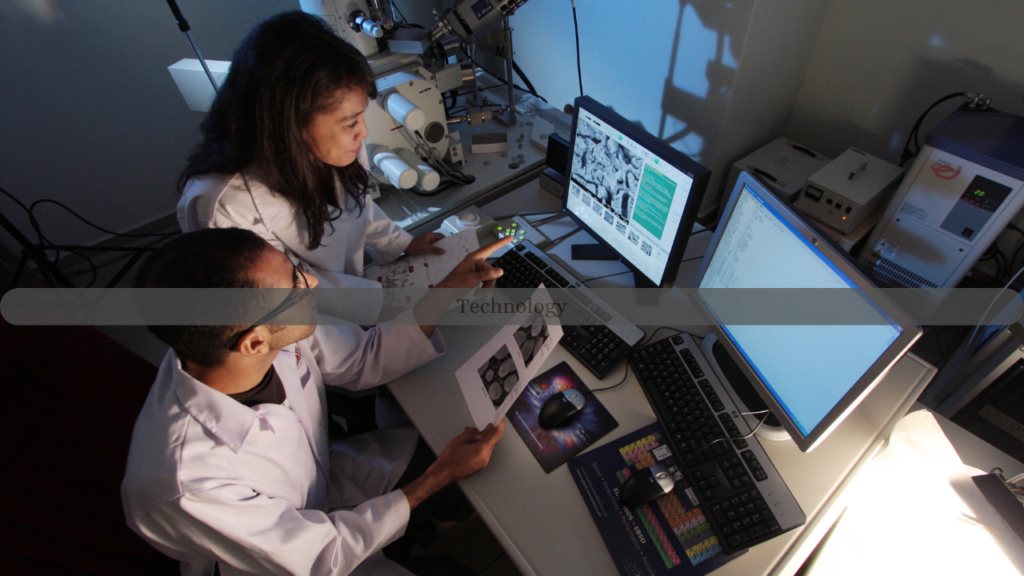
In today’s world, technology is an inseparable part of our daily lives. From smartphones and social media to virtual meetings and texting, we are more connected than ever before. However, as we immerse ourselves in digital interactions, there is growing concern that this constant connectivity may paradoxically be hindering our ability to form deep, meaningful relationships. The question arises: is technology shaping our ability to relate, and if so, how?
Superficial Interactions and Emotional Disconnect
The digital era has revolutionized the way we communicate. We can now instantly send messages, share photos, and interact with others across the globe in real-time. While this level of convenience is undoubtedly a breakthrough, it has also led to a shift in how we experience and perceive relationships. Texting and social media exchanges, often brief and transactional, replace more emotionally rich face-to-face interactions. Emojis and likes may convey surface-level emotions, but they lack the depth of physical presence and nonverbal communication that are essential for genuine connection.
These surface-level interactions can lead to emotional disconnect, where people feel less emotionally invested in their relationships. This is evident in the rise of “phubbing” (phone snubbing), where individuals prioritize their devices over the people they are with. In such cases, while technology keeps us connected, it inadvertently creates a barrier that prevents deeper connection, leaving many people feeling isolated despite being constantly online.
The Illusion of Intimacy
Social media platforms have transformed the way we maintain relationships, often giving the illusion of intimacy. Platforms like Facebook, Instagram, and Snapchat allow us to broadcast our lives and maintain contact with hundreds, sometimes thousands, of “friends” or “followers.” But how many of these relationships are truly meaningful? While social media makes it easy to keep up with people’s lives, the nature of these platforms promotes a curated version of reality that can distort perceptions of closeness.
The constant stream of updates can create a false sense of connection, where we feel we are keeping up with others’ lives without actually engaging in meaningful conversations. This digital voyeurism replaces genuine effort and investment required for sustaining deep relationships, leaving many feeling emotionally unfulfilled. Technology can give us the tools to connect, but it doesn’t guarantee the quality of those connections.
Diminished Empathy and Attention Span
Another concern about technology’s influence on our ability to relate is its impact on our attention span and empathy. The fast-paced nature of the digital world, driven by quick likes, short videos, and instant responses, conditions our brains to expect rapid gratification. This conditioning can make it difficult for us to engage in slow, meaningful conversations or be present in the moment when interacting with others.
Studies suggest that our growing reliance on screens can reduce our ability to empathize with others. Nonverbal cues, like facial expressions and body language, which are crucial for understanding and responding to emotions, are often absent in online communication. As a result, we may become less attuned to the emotional needs of others, weakening our ability to nurture close relationships.
Reclaiming Connection in a Digital World
Despite the challenges technology presents, it is possible to use it in ways that enhance, rather than hinder, our relationships. The key is balance. Using technology to maintain long-distance relationships or connect with those we can’t physically meet is undoubtedly valuable. However, it’s essential to recognize when to put down the phone and be present in the moment. Prioritizing face-to-face conversations, practicing active listening, and setting boundaries around screen time can help us preserve the human connection that technology often dilutes.
In conclusion, while technology has transformed the way we relate to one another, it is essential to navigate this digital landscape mindfully. True connection requires more than just being digitally available—it demands emotional presence, empathy, and genuine engagement.